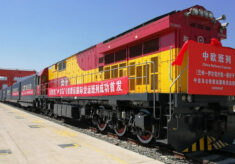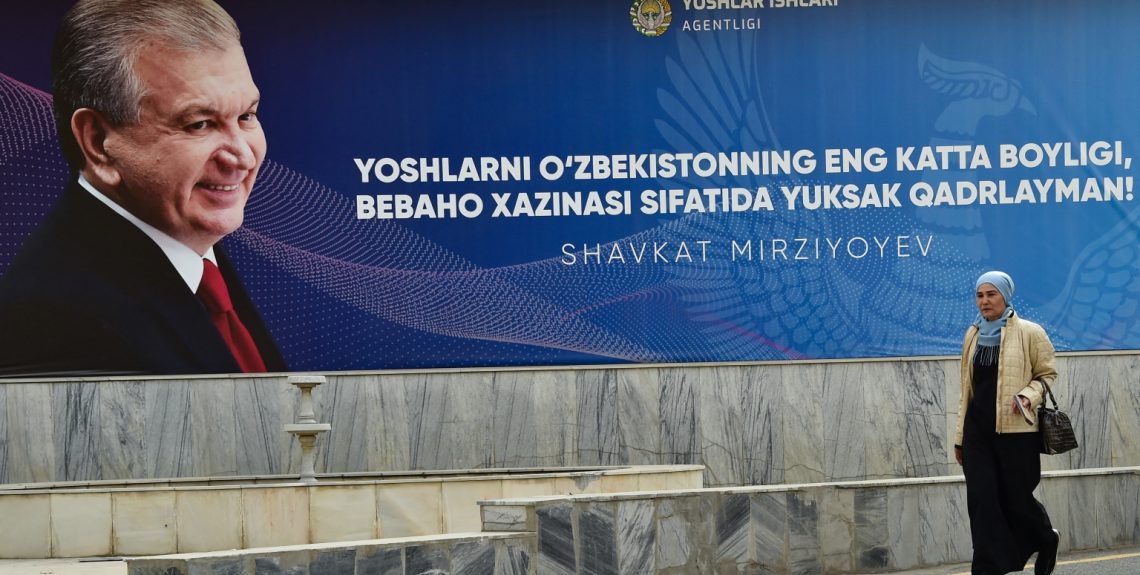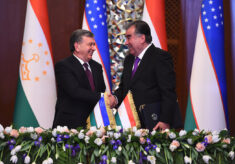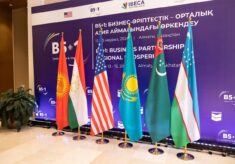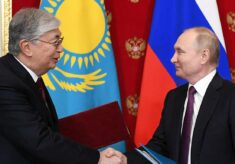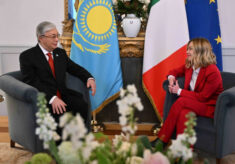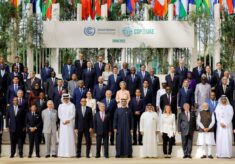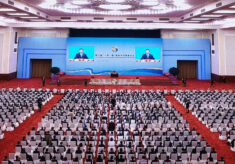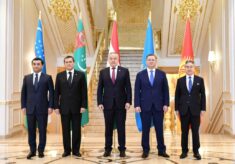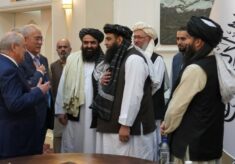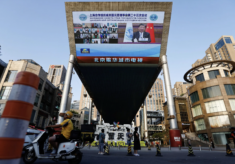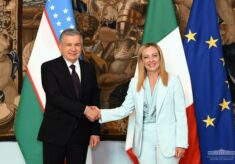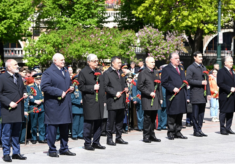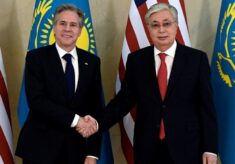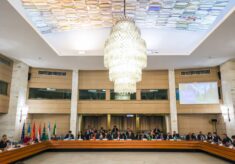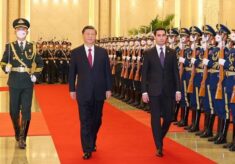Following the sixth presidential elections in the independent Uzbekistan, the current President Mirziyoyev has obtained his second term in office, with 80% of votes, which shows the strong popular support to his policy based on economic liberalization and a foreign policy aimed at improving regional cooperation and bilateral relations with neighbouring countries.
As a matter of fact, if compared with the former President Karimov (who led the country from 1991 to 2016) Mirziyoyev is considered as a reformer: in the domestic sphere, the current president has undertaken a gradual transition to the market economy, eroding the rigid centralization and direct administrative control over the economic process which characterized Karimov’s era also promoting a privatization process. Moreover, he also addressed some distortions what allowed, for instance, to reduce the labour force on the cotton field, to release several political prisoners and to promote a wider religious tolerance (Uzbekistan: presidential elections and challenging dilemmas of Shavkat Mirziyoyev, Central Asian Bureau for Analytical Reporting, October 25, 2021).
However, Mirziyoyev has obtained his main successes in foreign policy, progressively legitimizing Uzbekistan as recognized international actor, promoter of regional cooperation and reliable partner to preserve Central Asia security architecture.
The improvement of bilateral diplomatic relations with the other Central Asian republics has been the cornerstone of this regional foreign policy: above all, the border demarcation with Kyrgyzstan and Tajikistan has increased mutual trust also allowing to promote trade and political cooperation as well as to develop cross-border infrastructural projects (i.e the China-Kyrgyzstan-Uzbekistan railway corridor).
Together with Kazakhstan, Uzbekistan has been the main supporter of a new framework of regional cooperation, promoting the annual consultative meeting of Central Asia’s heads of state as a forum of dialogue to discuss common issues and to develop a shared approach.
Concerning relations with the external actors, China has become the main trade partner for Uzbekistan, which is also a key partner in the implementation of trade and infrastructural corridors along the Belt and Road Initiative. Furthermore, Mirziyoyev has improved bilateral relations with Russia, overcoming the traditional mistrust, but avoiding to be involved in the Moscow-backed multilateral initiatives in the economic and security field: however, the worsening security scenario in Afghanistan pushed Uzbekistan to participate with Russia (and Tajikistan) in joint military drills, even if it is too earlier to envisage a Tashkent’s future (re)adhesion to the Collective Security Treaty Organization (Fozil Mashrab, Is Uzbekistan on the Verge of Rejoining the CSTO?, Eurasia Daily Monitor, Volume: 18 Issue: 148, September 29, 2021).
The main challenge for Mirziyoyev’s second presidential term will be to reach a reliable modus vivendi with the Taliban in order to preserve security and stability in Afghanistan and in the region. Uzbekistan has promoted an open dialogue with the Taliban, perceived as necessary partner to carry on trade cooperation (mainly electricity exports) and infrastructural corridors (Termez-Mazar I Sharif railway). Even if Tashkent has not officially recognized the new Afghan government, on October 7 the Uzbek Foreign Minister Kamilov met Taliban leadership in Kabul to discuss on bilateral cooperation, while Taliban reassured Kamilov about security concerns (Uzbekistan foreign minister jets into Afghanistan for talks, Eurasianet, October 7, 2021).
